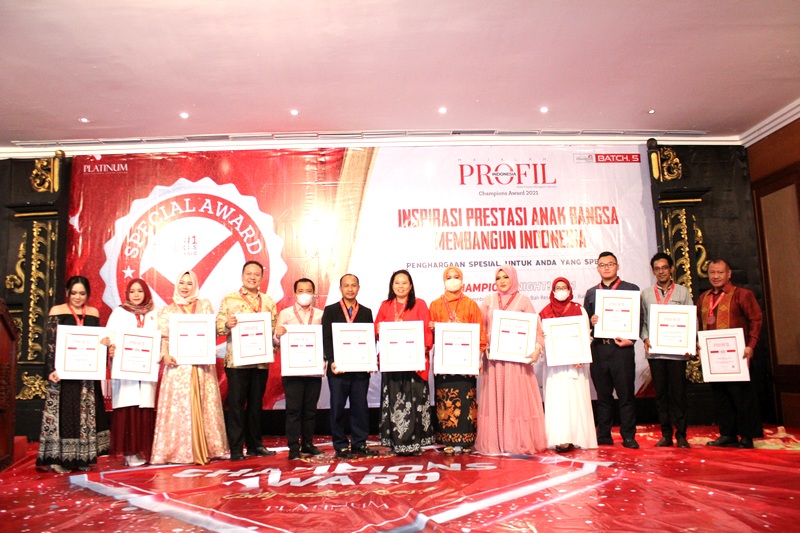Jeff Bezos, the billionaire owner of The Washington Post and founder of Amazon, made a rare public appearance on the pages of his own paper this week to address the escalating tension around The Post’s decision to refrain from endorsing a candidate in the 2024 U.S. presidential election. The decision, which has led to an exodus of readers and resignations among editorial board members, was defended by Bezos in a lengthy op-ed as an effort to safeguard journalistic independence by stripping away even the appearance of bias.
“An endorsement doesn’t alter the election’s course,” Bezos explained. “Voters in swing states aren’t waiting on newspaper guidance. What endorsements can do, however, is create an impression of bias, compromising our independence. Halting endorsements is a choice of principle—one I firmly believe is right.”
Bezos’s op-ed arrives in the wake of major fallout at The Post. Pulitzer Prize-winning editor David Hoffman, along with several editorial board members, resigned, citing an inability to remain silent at such a critical political moment. Hoffman expressed profound disapproval, calling the decision an act of “silence in the face of existential threats to democracy.” He noted that “an autocratic drift threatens our nation’s democratic principles, and to remain silent, to withhold our endorsement, represents a kind of quiet I cannot accept.”
The departure of veteran staffers is not the only controversy The Post now faces. In an open letter, nearly two dozen columnists, including Watergate legends Carl Bernstein and Bob Woodward, publicly denounced the decision, describing it as a betrayal of the paper’s editorial mission. Their letter, which reverberated through the journalistic community, read: “The Washington Post’s decision to avoid endorsing a candidate is a severe departure from its commitment to informing readers on key political stakes. This step ignores the historical role that has allowed us to speak for those who seek fairness and truth.”
The former executive editor of The Post, Marty Baron, also criticized the decision, calling it “unprincipled.” He argued that The Post’s choice not to endorse only one particular election, 11 days before the vote, sends a muddled message to readers. “If we trust readers to make up their own minds on major political issues, why publish editorials at all?” Baron asked in a public interview, underscoring the perplexity many feel over the decision’s timing and context.
The decision has also raised questions about Bezos’s intentions. In an unexpected twist, former President Donald Trump met with Blue Origin executives just hours after the paper’s editorial decision went public, prompting speculation that Bezos’s non-endorsement could be an overture to Trump. Bezos firmly denied this, explaining that he learned of the meeting only after the fact and had no prior knowledge of it. “There was no quid pro quo here,” he insisted. “No campaign or candidate influenced this decision in any way—it was made internally, based purely on our own judgment.”
In his op-ed, Bezos acknowledged that his multiple business interests, from Amazon to Blue Origin, inevitably cast a shadow over The Post and spark questions of potential conflicts of interest. However, he defended his role as a newspaper owner, describing his fortune as a barrier against political interference, not a lever to influence editorial decisions. “Wealth can protect against intimidation,” he asserted, emphasizing his non-interference in The Post’s operations since acquiring it over a decade ago.
Bezos further reflected on his vision for journalism’s role in today’s complex media landscape, particularly as the rise of unvetted media threatens the credibility of established news organizations. “We won’t let The Post drift into irrelevance,” he declared, “nor let it be outpaced by divisive, unverified digital platforms—not without a fight. This publication is a cornerstone of public trust.”
As debate around The Post’s decision continues to swirl, Bezos’s stance on endorsing candidates may now become a broader turning point in journalism, one that underscores the challenge of maintaining editorial independence in an age of heightened media scrutiny and polarized public opinion.






